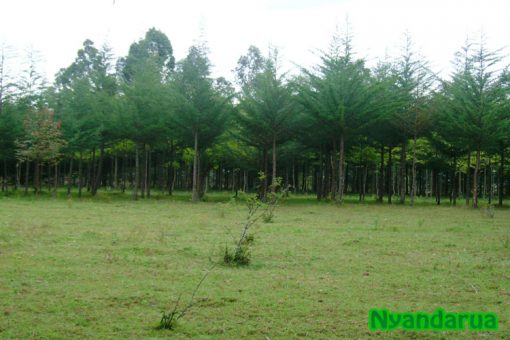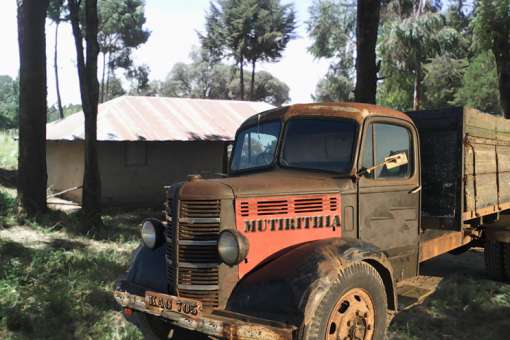The working people in the city rarely have any money to spare. In the first week after receiving their salary, they pay their house rent, which they must, otherwise they will be homeless. They pay their utility bills, like electricity and water, otherwise their services will be disconnected. They go to the supermarket for their major monthly grocery shopping, stocking up on supplies that they must have to run their daily lives. Groceries like cooking ingredients: Flour, cooking oil, Rice, Cereals and more. Washing and cleaning detergents, personal hygiene products and much more. They set aside bus fare to take them to work and back until their next salary. They set aside money for a skimpy lunch in town for the entire month.
Then there is the money for daily purchase of milk, bread, eggs (if one can afford eggs) fresh produce like sukuma wiki, tomatoes, peas, carrots, cabbage – you get the idea. For most salaried employees, that money only lasts for two weeks at most, especially if they received unexpected visitors who ate into their food budget. When that happens, the salaried employee opens a debt register at their local kiosk (hoping they are in good standing credit wise) getting the above items on credit, a debt they hope to clear at the end of the month when they get paid. This means that by the time the next salary finally comes, it is gone within the first week, and they start accumulating debt to be paid with the next salary and so on and so forth. That is what is called living paycheck to paycheck.
Think for just a moment what would happen if such an employee lost that job that pays them Kes.50,000 a month. Truth is, they cannot survive in the city for another month unless they get another job immediately, which we all know is next to impossible. Why cant they survive for another month? Because they cannot afford to pay rent, buy food or have bus fare to go look for another job. Living paycheck to paycheck is the reality of majority of the working people in the city and other big towns. Hardworking employees live in that vicious circle year after year, decade after decade, until they reach retirement age or they are retrenched by their companies who deem them a liability, in favor of a more youthful and cheaper workforce. The retired employees who never got a chance to build any income generating ventures, relocate to their rural homes to live out the rest of their years. A sad tale for majority of the working population, but unfortunately its true.




